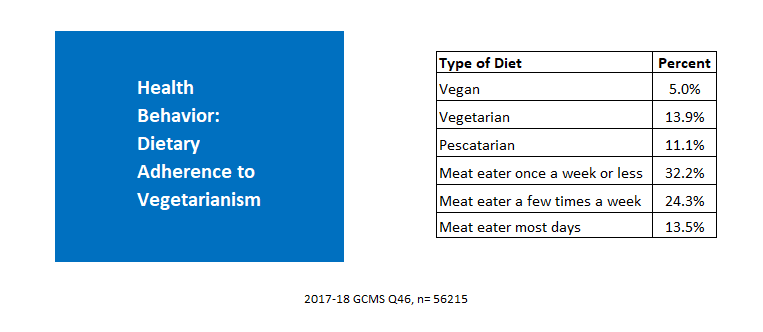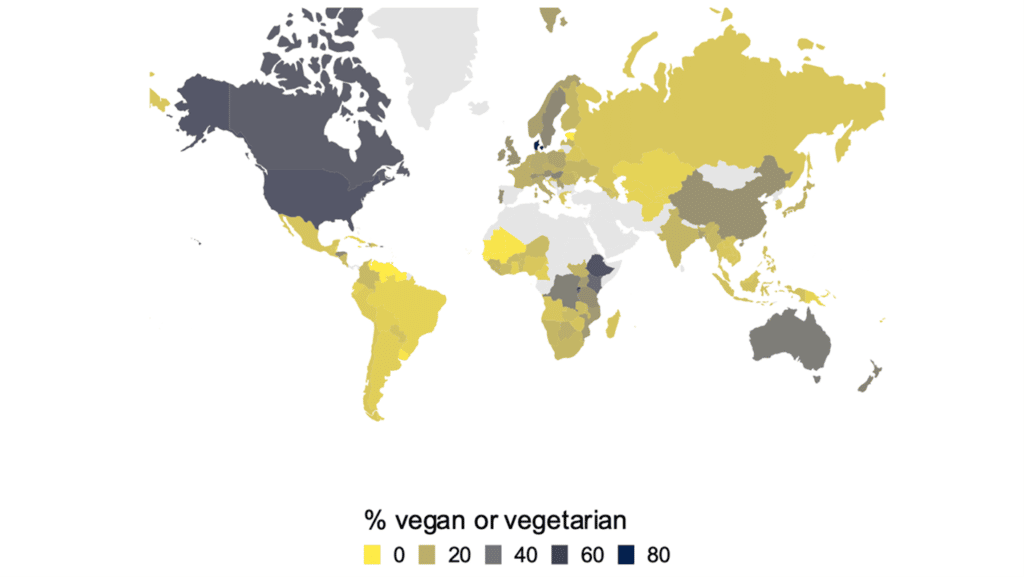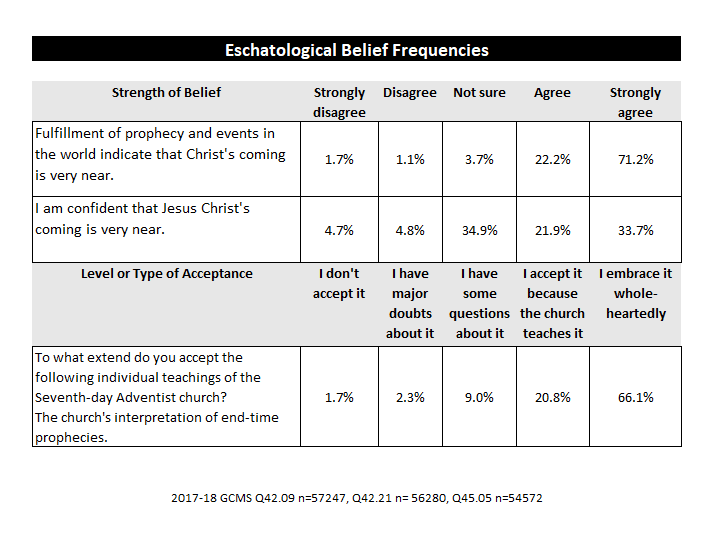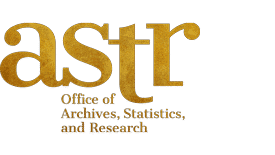The Seventh-day Adventist Church is proud to hold unique understandings and interpretations of biblical concepts. It is with this distinctive perspective that the 28 Fundamental Beliefs were developed. In this two-part blog series, we will examine global perspectives on two of these areas—health and eschatology—and discover an interesting link between the two.
Adherence to Vegetarianism
Seventh-day Adventist Belief 22 states:
. . . Because our bodies are the temples of the Holy Spirit, we are to care for them intelligently. Along with adequate exercise and rest, we are to adopt the most healthful diet possible and abstain from the unclean foods identified in the Scriptures . . . We are to engage in whatever brings our thoughts and bodies into the discipline of Christ, who desires our wholesomeness, joy, and goodness. [1]
With this focus on health, as well as the dietary model given to Adam and Eve in the Garden of Eden, many Adventists have historically maintained a vegetarian or vegan diet. However, the 2017–2018 Global Church Member Survey (2017–18 GCMS) showed that worldwide, only 14% of members were lacto-ovo vegetarian and another 5% were vegan. Eleven percent reported that they were pescatarian (i.e., they did not eat most meat but ate fish). Nearly a third (32%) reported that they ate meat once a week or less, a quarter (24%) ate meat a few times a week, and 14% reported that they ate meat most days.

It is probable that much of this variance in diet can be attributed to cultural differences and the availability of different types of food around the world. When you consider the world map below, it is easy to see that the portions of the world where a larger number of church members are vegetarian or vegan are regions in which this type of lifestyle is either more easily maintained (with a wide variety of food available) and/or more culturally acceptable.

Eschatological Beliefs
The 2017–18 GCMS data also allowed evaluation of the respondents’ level of agreement/belief with the following Adventist eschatological teachings:
- Fulfillment of prophecy and events in the world indicate that Christ’s coming is very near.
- I am confident that Jesus Christ will return in my lifetime.
- To what extent do you accept the following teaching of the Seventh-day Adventist Church: The Church’s interpretation of end-time prophecies
A vast majority (93%) of respondents agreed to one degree or another that “fulfillment of prophecy and events in the world indicates that Christ’s coming is very near.” A smaller number (56%)—but still a majority—of respondents were “confident that Jesus Christ will return in [their] lifetime.” Finally, two-thirds (66%) of respondents wholeheartedly believed in the Adventist Church’s interpretation of end-time prophesies, and another 21% reported that they accepted this belief because the Church teaches it. It is clear that a majority of Adventists hold tightly to the distinctive teachings that set them apart from other denominations.

Now that we have examined the research findings in these two areas, have you ever considered that these two unique areas of Adventist teaching might somehow be connected? Be sure to tune in for our next blog where we examine the link!
This data was originally presented by Dr. Petr Činčala and Dr. René Drumm at the Society for the Scientific Study of Religion & Religious Research Association Annual Meeting, November 11–13, 2022 in Baltimore, MD.
For more information on the 2017-18 GCMS see the Meta-Analysis Report.
Created in collaboration with the Institute of Church Ministry.
Published by ASTR on 01/18/2023
[1] 28 Fundamental Beliefs: 2020 Edition. (2020). General Conference of Seventh-day Adventists.
https://www.adventist.org/wp-content/uploads/2020/06/ADV-28Beliefs2020.pdf
